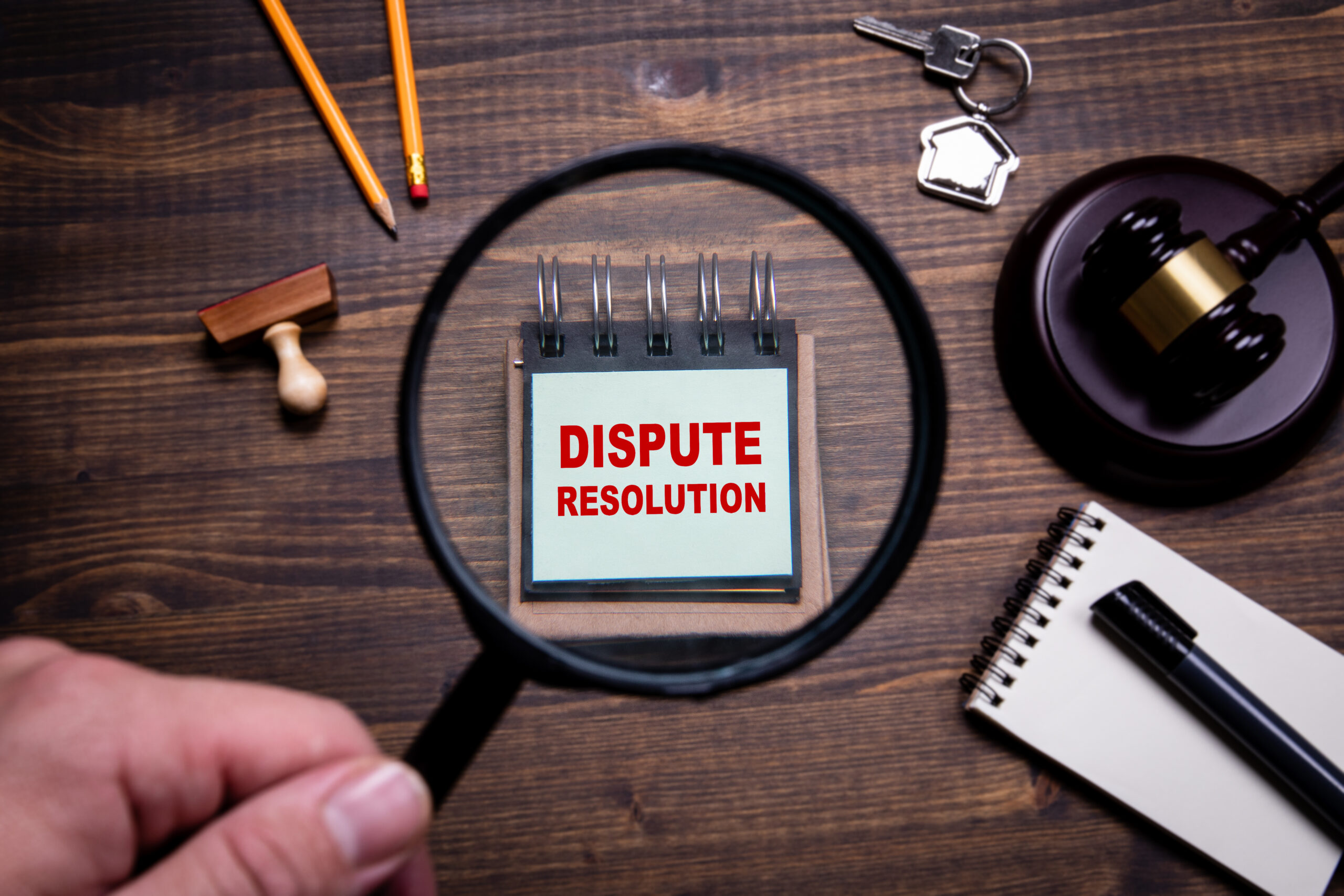
Divorce mediation has become an increasingly popular way for New York couples to minimize the cost and conflict involved in ending a marriage. In divorce mediation, you and your spouse will meet with a trained, neutral third party who will guide you through the process of exploring alternative solutions to reach an agreement on the important issues in your divorce. However, despite the potential benefits of this divorce route, it can only be successful if both parties are willing to communicate openly and honestly. Please continue reading to learn how you can communicate effectively with your spouse during mediation and why connecting with an experienced Nassau County Divorce Mediator is in your best interest.
Is Mediation Right For You?
Mediation may be a good option for your divorce if you and your spouse are willing to collaborate and compromise to resolve issues. If you want to avoid the pitfalls of litigation, divorce mediation may be right for you. However, mediation may not be the right choice if there is a significant power imbalance in which one party controls the conversation or refuses to disclose information. Mediation may not be appropriate if there are concerns about domestic violence. If you’re facing complex issues, it’s in your best interest to consult a knowledgeable attorney who can help you determine whether mediation is right given the unique circumstances of your situation.
How Can I Communicate Effectively with My Spouse During Divorce Mediation?
When it comes to divorce mediation, effective communication is the cornerstone of achieving optimal results. Essentially, it sets the tone for productive discussions and helps couples find common grounds to reach mutually beneficial solutions. During mediation sessions, both parties must express their needs and concerns openly and honestly. By doing so, your spouse and the mediator will be able to understand your perspective better. This will pave the way to finding solutions that address the interests of both you and your spouse.
A fundamental aspect of effective communication during mediation is active listening. By engaging in active listening, you can build rapport which is key to finding compromises. It’s important to understand that active listening is much more than just hearing what the other party is saying. It involves paying attention to the tone, emotions, and body language of the speaker, showing interest and respect. This will help the speaker feel heard and understood which will encourage them to share more information.
As you can see, understanding how to communicate effectively with your spouse throughout a divorce can be challenging. However, utilizing these communication tips along with a compassionate attorney can help you obtain the best possible outcome in your case. Connect with the Law Offices of Eyal Talassazan, P.C. today to discuss whether divorce mediation is right for your family.
